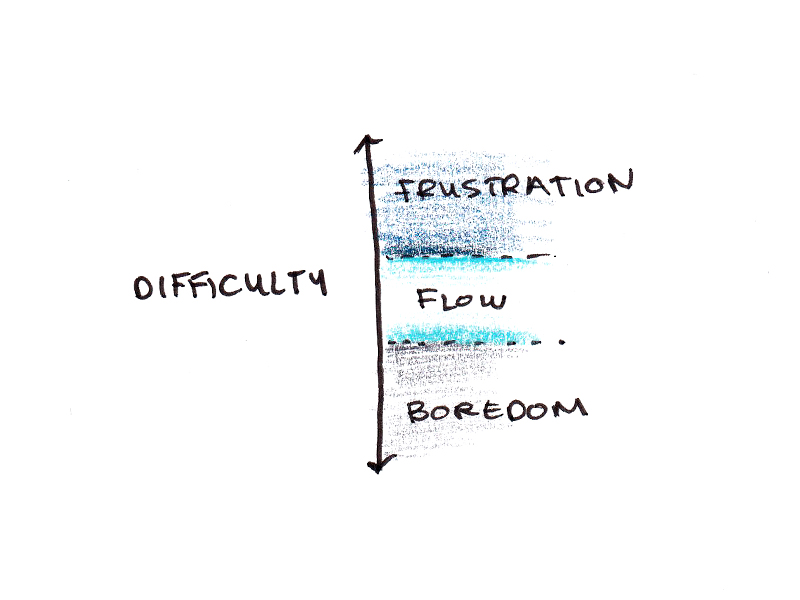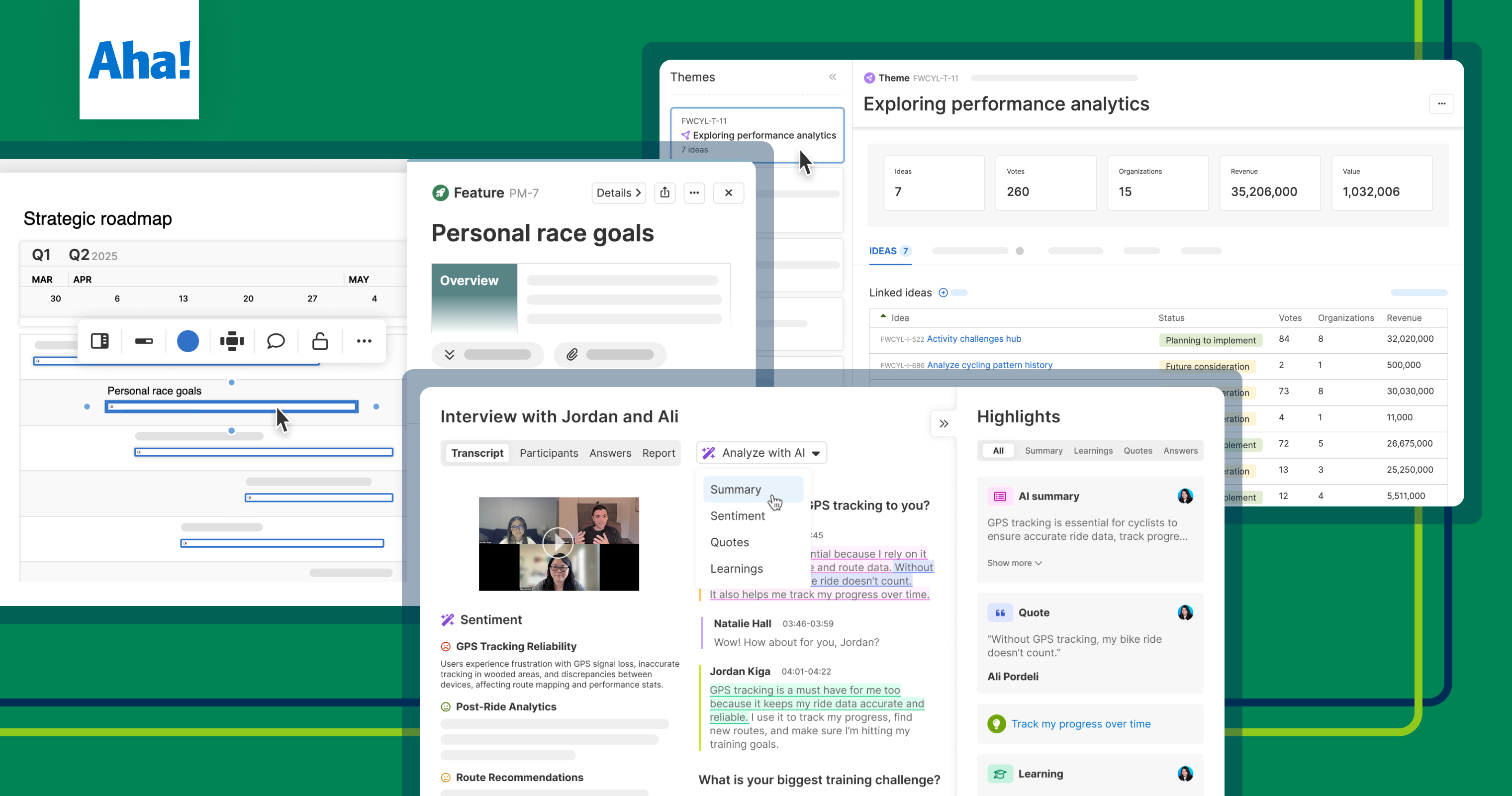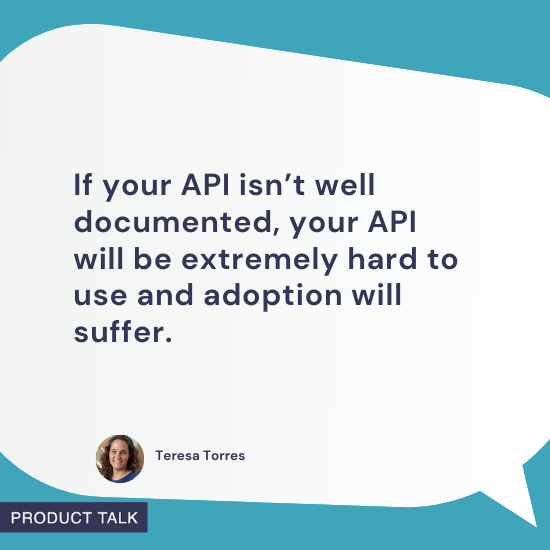I can only rate one person on my team “exceptional,” boss asks for weekly constructive criticism, and more
This post was written by Alison Green and published on Ask a Manager. It’s four answers to four questions. Here we go… 1. I can only rate one person on my team “exceptional” no matter how well they do My company uses a fairly robust framework for discussing performance. This is generally really helpful, as it provides me with clear feedback to share with my team. For example, […]

This post was written by Alison Green and published on Ask a Manager.
It’s four answers to four questions. Here we go…
1. I can only rate one person on my team “exceptional” no matter how well they do
My company uses a fairly robust framework for discussing performance. This is generally really helpful, as it provides me with clear feedback to share with my team. For example, I can say, “Good performance is handling your workload independently. Exceptional performance is also mentoring newer colleagues while you stay on top of your work.” The problem is that the framework was designed for companies with complex hierarchies with many positions to move through. My company has only 10 levels between the CEO and the lowest person on the chart, so promotions are rare.
Between AAM advice and pure luck, I’ve assembled a really high-performing team. Everyone is super motivated and wants to excel. We’ve now worked together for 5+ years and everyone understands how to surpass the expectations for their roles to the point where a few are even working at my level. But now I’m getting pressure from a new grandboss to force-rank my team and grade them on a curve. On one hand, I get it, the bar can reset to “new normal,” but on the other hand I’m at a loss. If I’m giving Brian feedback, I need to outline a path where he can succeed, but if I get to the end of the year and Abby still stayed slightly ahead of him, I can’t give him the higher rating even if he put in all the work I outlined for him to earn it. My own manager handles it by suddenly getting super critical of things that she’d been saying were excellent, and based on how it makes me feel, I don’t want to manage my team in that way. On my end, I usually try to help my team understand how our systems work, but saying some polite variation of “even though you’re amazing, Abby’s a step ahead of you, so I’m not going to reward you fully because there’s a curve” is clearly a terrible idea.
Personally I think it’s ridiculous that we can’t reward long-tenured employees who are super engaged with the rating they deserve or at least create smaller steps up the ladder to properly reset expectations along the way, but this is a battle I don’t have political standing to fight. So my question is really more how do I speak with my team about their performance in a way that doesn’t demotivate them yet also doesn’t leave me at the end of the year with four employees who did everything I outlined as exceptional behavior and only one rating to award?
The best thing you can do is to be honest about how the system works: let them know you’re being required to force-rank and only have one “exceptional” to give out. Tell them that’s not the way you would have structured it and you’re aware that it creates an opening for people with truly exceptional performance not to be rewarded for it. This won’t be good for morale, obviously — but pretending that it’s not happening (or trying to convince people it’s their fault, as your boss does) would be even worse.
Meanwhile, can you push for them to be compensated appropriately for their high level of work even if they don’t have an “exceptional” rating? Or do raises correlate with the ratings? If the latter, this is even worse — and a recipe not only for demoralizing your team, but for tension in their relationships with each other too, since people are less likely to be supportive of and collaborative with coworkers who they see as being in direct and unfair competition with them for fair pay.
In addition, can you look for other ways to ensure they’re rewarded and be explicit that you’re doing that, even if it’s just getting them more professional development funds or the opportunity to work on a project they’re really interested in?
But also, please try pointing out all of this to your grandboss. I know you said you don’t have the standing to fight this battle, but you don’t need to approach it as a battle; you can simply share the way you expect it to play out on your team, and that it’s likely to disincentivize the high performance you’ve gotten from them under the previous system.
2. My boss asks for weekly constructive criticism, and I don’t have any
My relatively new boss just took a management seminar and came in with a new framework for our weekly check-ins. It’s two pages long and, among other things, asks me to fill out one thing from the week I think I can do better, and one thing I think my boss can do better. I appreciate the sentiment but I feel like I don’t have anything to say to my boss. I’m new in this role too and, while he does bug me sometimes, I feel like I just need to be taking everything in and adapting right now, not sharing any poorly-thought-out feedback with him. He’s also extremely conscientious and type A so I think would be very sensitive — perhaps overly so — to any comments I offered. I want to just say something kind of anodyne, but the prompt is so precise that I can’t think of the right thing to seem like I participated without being specific. (I can answer the question about what I personally can do better okay, although I hope it doesn’t end up being ammunition to use against me later.)
Big picture, I think this structure is unnecessary on a weekly basis — annual maybe — and I’m guessing it will naturally trail off over time … but I don’t want to reject a new idea he’s excited about by saying this isn’t really my kind of thing, especially when our relationship is so new. I’m not much of a talker naturally and tend to be more task-based, while these questions are bigger-picture. Do you have any suggestions about what I can put in the box besides “nothing” every week?
You can write, “Nothing this week” or “Nothing comes to mind this week but I will share if/when something does.” However, you could also use that space just for things you need in your job, like “could I get more training in X?” or “this isn’t something you should do better, but I could use your help brainstorming Y.”
You’re right that this question is too much for weekly, especially for someone who’s new! And I suspect you’re right that its use will trail off over time. But if he does nudge you about it meanwhile, it’s fine to say, “I appreciate you making space for it, but I’m still new and learning and not in a position where I have that kind of feedback yet.”
3. Who pays for lunch?
My former manager recently retired and told me that they’d love to meet up for lunch periodically. We had a great working relationship and I’d love to have a friendship moving forward now that they’re no longer my boss. So far, we’ve had one lunch (they paid). We have another lunch scheduled for next month, which they initiated.
Should I assume that my former manager is typically going to pick up the check, or should I offer to pay every other month, or split the bill? Does it depend on who initiates the lunch? I don’t want to offend them by offering to pay, or by NOT offering to pay! If it matters, my former manager is around 30 years my senior and made around five times my salary (my position is slightly above entry-level).
You should offer to cover the check every few lunches. Chances are good that your former boss will say no, it’s on them (because of the differences in seniority/stage of life)— but you should at least offer and be prepared to follow through. You’re very unlikely to offend them by offering to pay (even if they tell you no), and there’s a higher risk of them noticing you never offer and feeling taken for granted (especially if this is moving more toward friendship than business acquaintances).
4. Could a bonus be considered a disability accommodation?
I currently have an injury that makes it painful to work unless I’m lying flat on my back. WFH and 90% behind the scenes work means this hasn’t been a problem, but once in a while I will grit my teeth to sit in an office chair so I can look professional on a client-facing Zoom call. This isn’t strictly required, but it certainly contributes positively to the client relationship.
I’ve been joking with my manager that the company owes me $100 for every hour I sit up in pain for them. Obviously this would never happen. But I’d like to dream. So is it technically possible to get a spot bonus as an accommodation for doing work that my disability prevents me from doing without significant pain? It could go toward physical therapy or my upcoming surgery bill … I just got off one such call and had to roll around shouting and crying while my body adjusted back to not being in The Bad Position.
Being paid extra money as an accommodation would be a hard sell under the framework of the law. Legally, the point of accommodations is to make changes that allow you to perform the essential functions of your job — so removing an activity that causes you pain, yes, or buying an adaptive tool that allows you to sit up without pain, sure. But “be in pain and we’ll pay you extra for it” isn’t likely to be considered an accommodation in the legal sense.
A reasonable accommodation in this case would be “you don’t have to be on camera on client calls, so you can staying lying down.” That sounds like the thing you should be asking for! (In fact, it sounds like you could just do it, if you’re the one who’s been choosing to be on camera. Please choose that rather than the thing that makes you cry in pain!)


































































































![Building A Digital PR Strategy: 10 Essential Steps for Beginners [With Examples]](https://buzzsumo.com/wp-content/uploads/2023/09/Building-A-Digital-PR-Strategy-10-Essential-Steps-for-Beginners-With-Examples-bblog-masthead.jpg)





![How One Brand Solved the Marketing Attribution Puzzle [Video]](https://contentmarketinginstitute.com/wp-content/uploads/2025/03/marketing-attribution-model-600x338.png?#)



































